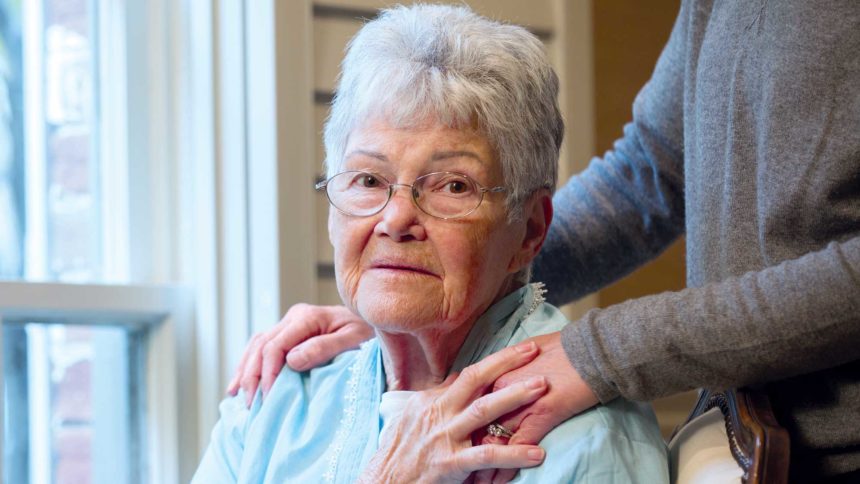
Checking for frailty and treating it should be top priorities when providing healthcare and health planning for older adults, according to a report published Aug. 7 in the New England Journal of Medicine.
The Centers for Medicare & Medicaid Services recently included a hospital measure in quality reporting that involves frailty screening and intervention, “which makes our review paper very timely because it essentially covers the latest evidence on how to do frailty screening and interventions,” Dae Hyun Kim, MD, founder of the Frailty Research Program at the Marcus Institute for Aging Research at Hebrew SeniorLife, and one of the paper’s co-authors, said in a statement.
Inflammation, lower energy production in cells, impaired nutrient sensing in cells, and hormonal shifts all contribute to frailty, which results in symptoms such as slow walking, muscle loss and fatigue, the authors wrote. Nutritional support, fitness programs and geriatric assessments are key to screen for and manage frailty, the authors added.
Many tools can gauge frailty, most of which predict adverse health outcomes as a result of being frail. Some of the tools include the Fatigue, Resistance, Ambulation, Illnesses, and Loss of Weight (FRAIL) questionnaire; the Clinical Frailty Scale; measures of gait speed; and electronic medical records. “However, simple tools rarely provide sufficient information for mitigating risk through individualized care plans or tailored interventions,” the authors wrote.
If a healthcare professional suspects frailty, a medical evaluation or comprehensive geriatric assessment should be performed to pinpoint frailty status and intervention strategies, the authors noted. Specifically evaluating frailty status before a surgery or medical therapy may help people become stronger and improve their care.
The authors called for adding frailty assessments to routine clinical practice. Geriatricians, primary care physicians, physical therapists, and dietitians must unite to manage health care and better serve older adults, they said.
“Unmet needs exist across the spectrum of care, but given the high stakes and immediacy of consequences, making hospital care safer for older adults with frailty should be seen as a high priority,” the authors wrote.




